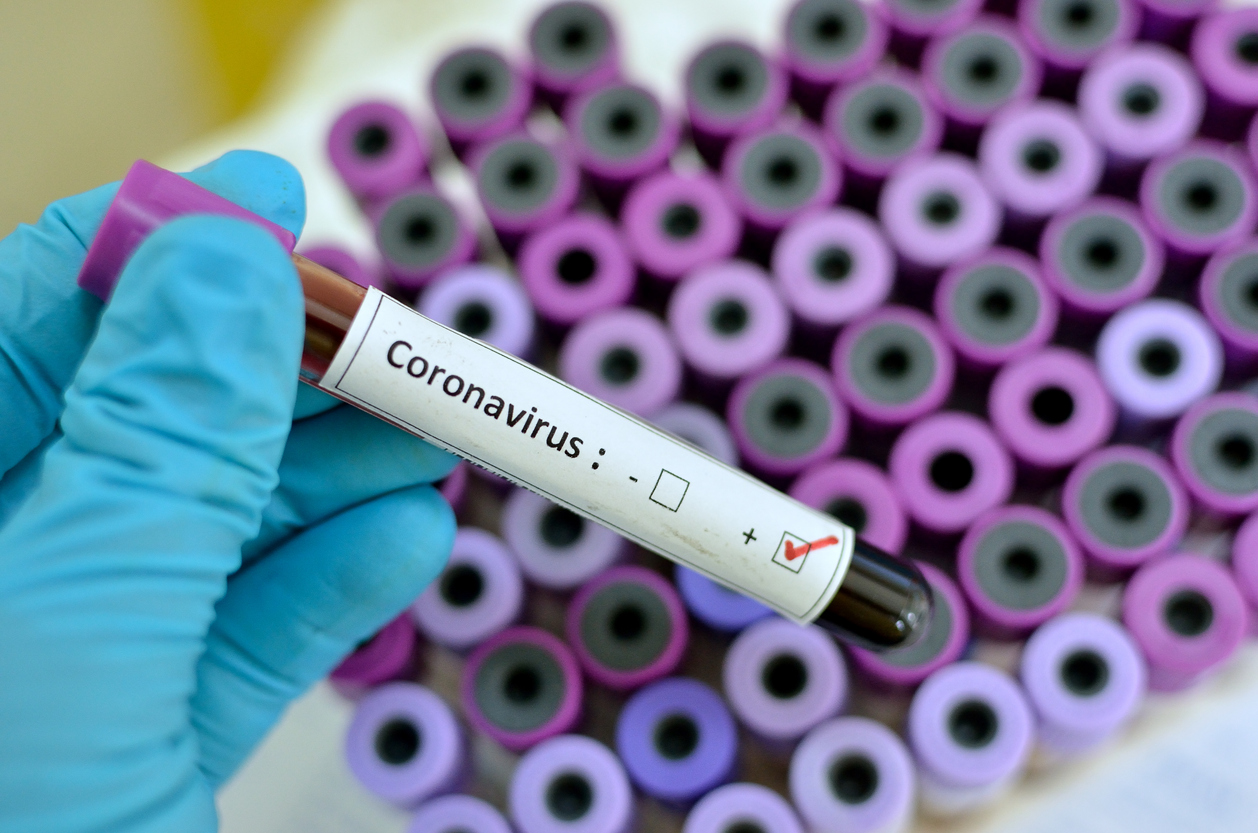WHO declares coronavirus 'emergency' as cases confirmed in UK

The World Health Organization has declared that the new strain of coronavirus is a global emergency, as cases mount outside China.
According to WHO director general Tedros Adhanom Ghebreyesus, the WHO’s concern is for countries whose health systems are unprepared for the virus.
At the same time Ghebreyesus urged countries to prepare for the virus using the scientific evidence that is available.
https://twitter.com/DrTedros/status/1222982871444598789
With entire cities on lockdown to prevent the disease from spreading, coronavirus has already played havoc in China where authorities took decisive measures to try and contain its spread.
The US has told citizens not to travel to China, and there are now two confirmed cases of coronavirus in the UK.
NHS officials are trying to identify any contacts the patients may have had to prevent it from spreading further.
Professor Chris Whitty, the chief medical officer for England, told the BBC website that the NHS is “extremely well prepared for managing infections”.
“We have been preparing for UK cases of novel coronavirus and we have robust infection control measures in place to respond immediately.”
Around 80 British nationals are being flown back to the UK from China to escape the infection, and experts say that anyone arriving from China must quarantine themselves to prevent the disease from spreading.
The two cases in the UK were staying in a hotel in Yorkshire, and have been taken to a specialist centre in Newcastle.
Latest figures show at least 213 people are dead and almost 10,000 cases have been confirmed in mainland China.
There are now 140 confirmed cases of the virus outside of mainland China, including six in the US as well as the two cases in the UK.
Inovio trials could begin in summer
The BBC has also reported on efforts to produce a vaccine at US biotech Inovio, which is using a new type of DNA technology to develop a potential vaccine.
Kate Broderick said that once Chinese authorities had released the DNA sequence of the new coronavirus strain, dubbed 2019-nCoV, the San Diego-based firm was able to use computer technology to design a vaccine within three hours.
She told the BBC: “Our DNA medicine vaccines are novel in that they use DNA sequences from the virus to target specific parts of the pathogen which we believe the body will mount the strongest response to.
“We then use the patient's own cells to become a factory for the vaccine, strengthening the body's own natural response mechanisms.”
Clinical trials could begin in early summer, with larger ones likely to begin in China by the end of the year.
Work is being funded by the international non-profit organisation Coalition for Epidemic Preparedness Innovations (CEPI), which also has two other vaccine efforts in development.
The University of Queensland is working on a “molecular clamp” vaccine, while Massachusetts-based Moderna has joined forces with the US National Institute of Allergy and Infectious Diseases to accelerate its research.
Johnson & Johnson's Janssen unit has also announced a “multi-pronged response” to the outbreak and is also working on its own potential vaccine.
The company's chief scientific officer Paul Stoffels has already outlined how the company plans to produce a vaccine based on the DNA code released by Chinese authorities.











